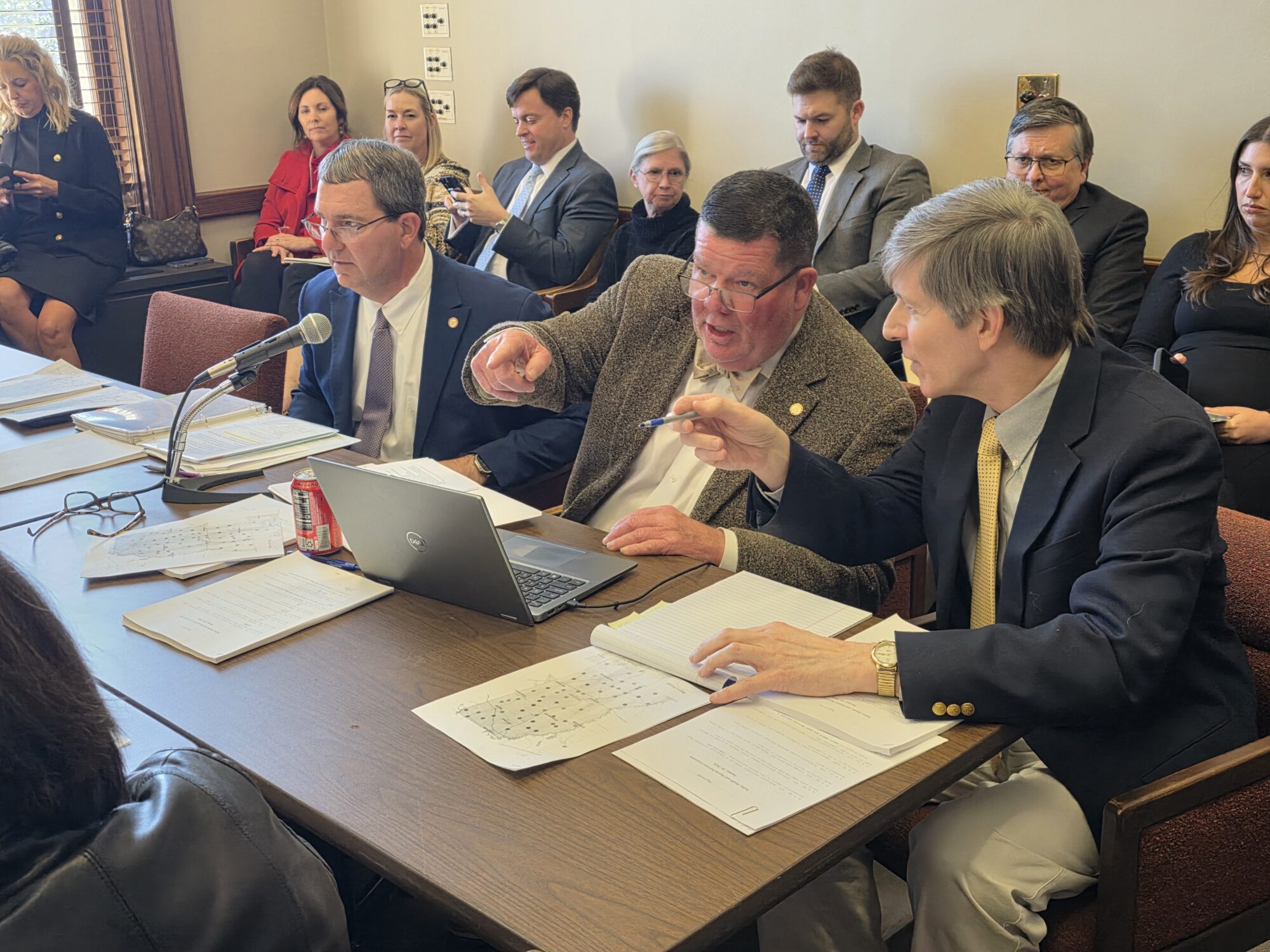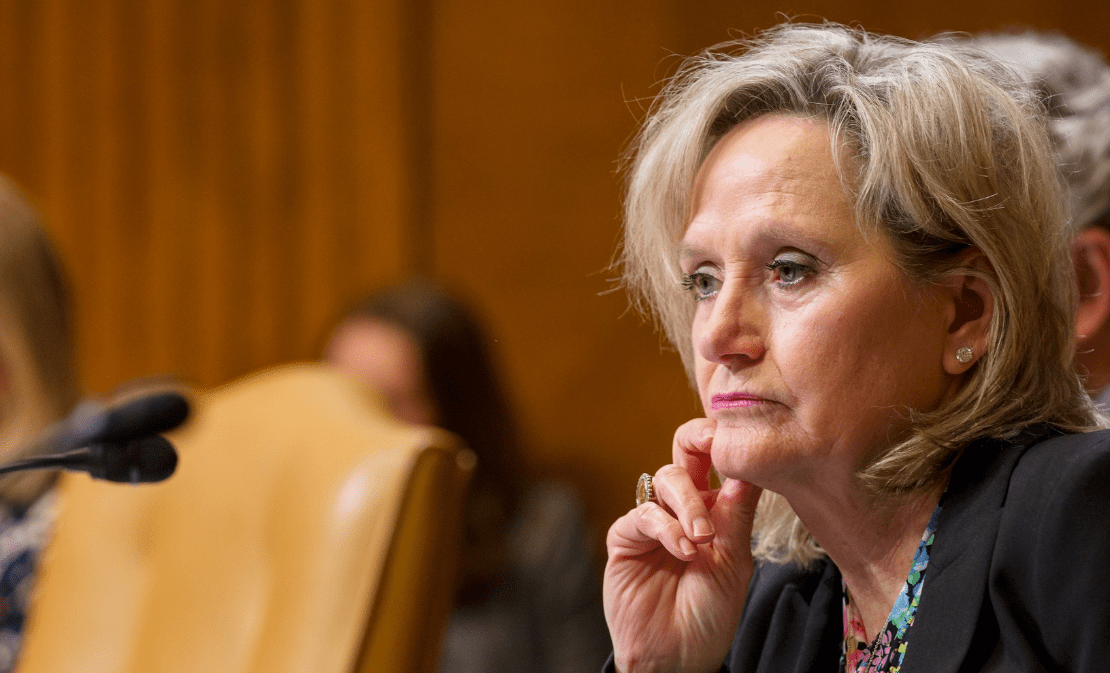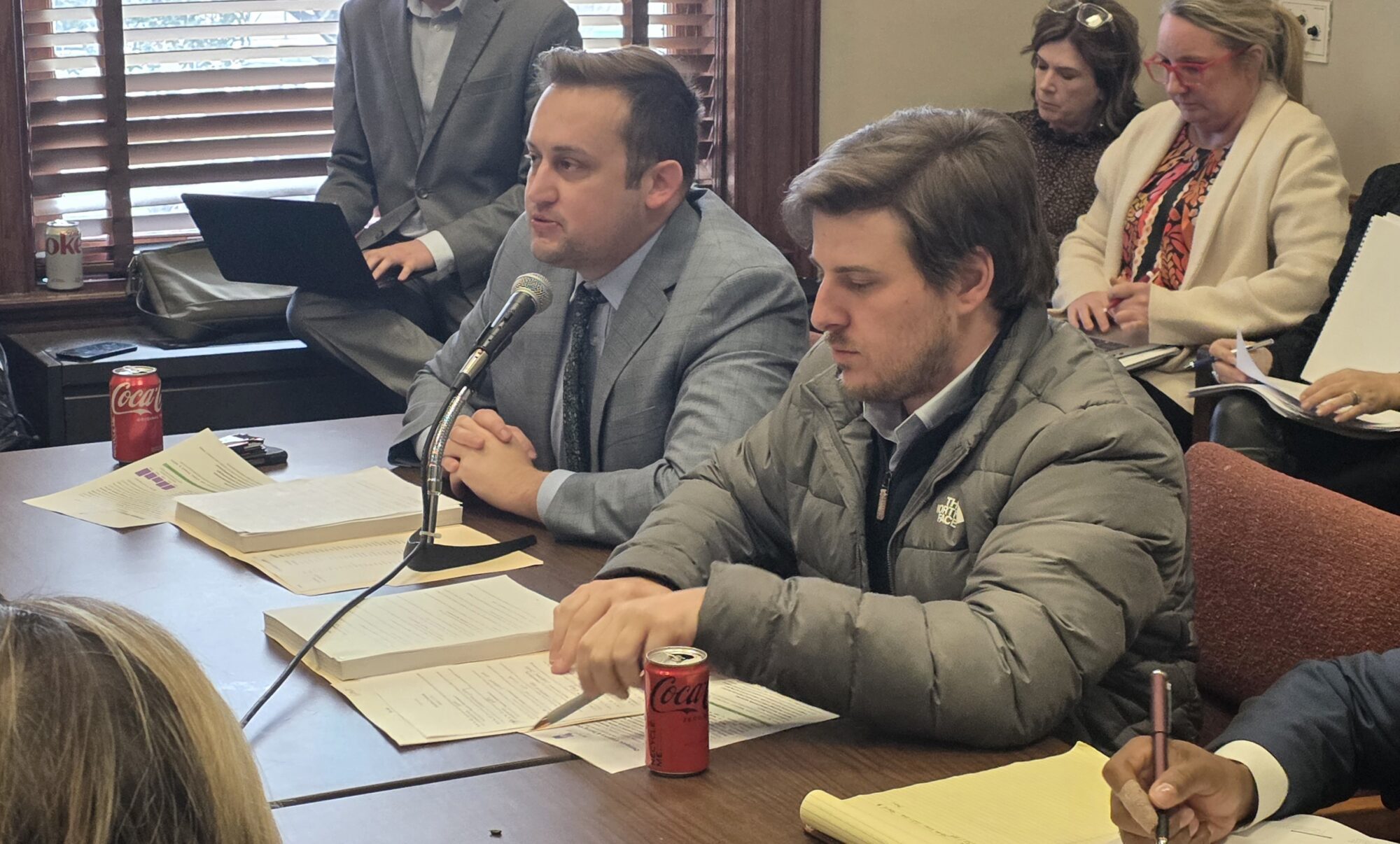
Mississippi Capitol (Photo: Sarah Ulmer/Magnolia Tribune)
- Changes were also proposed to the pre-special election timeline as the legal wrangling over the new districts continues.
The Mississippi State Board of Election Commissioners has submitted a new legislative redistricting plan for the DeSoto County area, complying with an order from a three-judge panel that said the Senate map adopted this session failed to remedy the dilution of black voting strength.
Attorney General Lynn Fitch (R), Governor Tate Reeves (R), and Secretary of State Michael Watson (R) make up the Board of Election Commissioners.
READ MORE: Court orders State Board of Election Commissioners to redraw DeSoto County Senate districts
Lawmakers adopted their version of the revised district boundaries this session in an attempt to comply with the court ordered redistricting, namely in DeSoto and Chickasaw counties as well as in the Hattiesburg-Forrest County area, after the Mississippi NAACP filed a lawsuit challenging the 2022 legislative redistricting plan claiming black voting strength had been diluted. The result was the need to hold 15 special elections in the affected areas.
Last week, the NAACP argued that the new maps do not do enough to satisfy their complaint and asked the federal panel to consider changes in the Chickasaw and DeSoto counties. The plaintiffs did not object to the changes made in the Hattiesburg-Forrest County area.
U.S. Fifth Circuit Judge Leslie Southwick and U.S. District Judges Sul Ozerden and Daniel Jordan, who make up the three-judge panel, gave the State Board of Election Commissioners seven days to propose a new map for the northwest Mississippi area.
The new proposal submitted by the Board of Election Commissioners would not create a new district without any incumbents and would not pair incumbents into one district. It would make Senate District 2 a majority-minority district while reducing the black voting population in Senate District 11 and shifting boundaries in neighboring districts.
Attorneys for the state noted that the NAACP is likely to object to this new proposal as “the Plaintiffs want a guarantee that a black Democrat will be elected in the newly drawn majority-minority district.”
Under the adopted legislation, the qualifying period for those special legislative elections caused by the redistricting plan is set to begin May 19. Primary Elections would then be held August 5, with a General Election set for November 4.
However, due to the continued legal wrangling over the maps, the new proposal shifts the qualifying period back to May 26 through May 30 but leaves the August Primary and November General Elections the same.
The court will now consider the proposal as well as the response from the NAACP before making a decision. If no agreement is reached between the parties, the three-judge panel could revise the Senate districts and enact a court-ordered redistricting plan while setting their own pre-election timeline.









